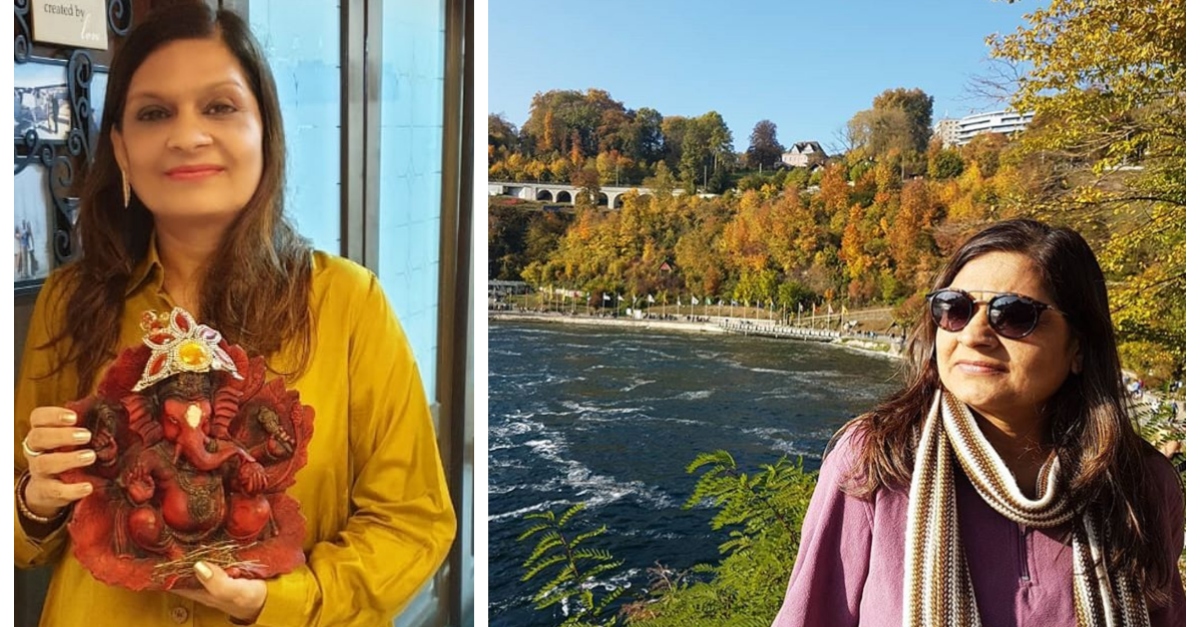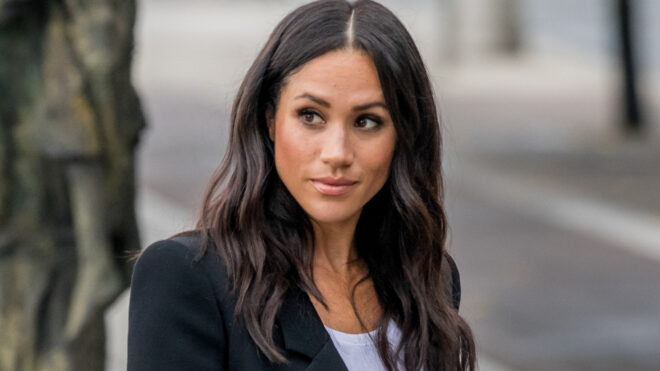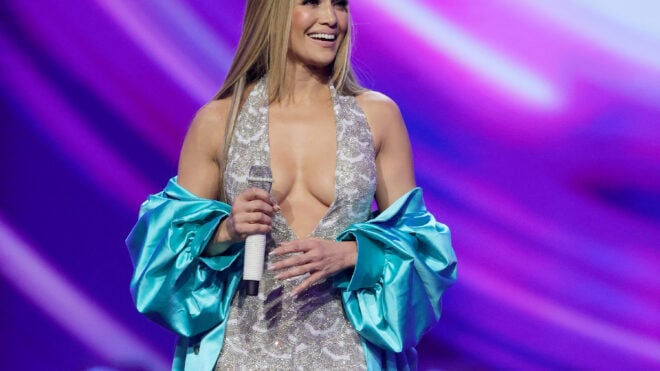
Sima Taparia is an Indian matchmaker who has been in the business for years. She's so good that she's brought her matchmaking prowess to Netflix, where the hopeful and curious can stream her show, Indian Matchmaking, alongside the downtrodden and skeptical.
Many may be surprised to find out that the art of matchmaking is alive and well during this modern age. If anything, the recent health crisis and the subsequent lockdown have meant that for Sima, business is booming.
Sima recently explained her process to The New Yorker:
"The business is growing in lockdown. My system is, I go to the client's house, I see their way of living, how they are financially. At least it's satisfying that we see each other on FaceTime. I don't work as though I'm a broker or in some type of finance — it's all emotion."
She's also noted that she's made two "big matches" during the time period, but many weddings had to be delayed. After all, she says, in India, "Only fifty people are allowed at a wedding right now. Here, we want to do a big fat wedding, a huge fat wedding."
Since she's been in the business for so long, Sima has gained a lot of insight into the behaviors of single people. In one episode of the show, Sima notes, "She thinks finding a life partner is like ordering from a menu. She wants open-minded, she wants that, this. Many of these things are not very important for a happy married life."
She's also noted that what people want has evolved over the last 10 years:
"Clients today want their partners to be equally ambitious, driven, and have similar interests in addition to having similar core values. It seems as though they want to learn and grow with each other."
Sima believes it's fine — even encouraged — that her clients have their own expectations for a partner, but she finds that she's often having to encourage the men and women she works with to adjust those expectations as the process wears on:
"I tell all my clients, boys, and girls, that they have to adjust and compromise. In the show, I also told Vyasar to compromise and adjust as well and do not think it's solely up to women. Personally, I believe that compromise, adjusting, and open communication are integral parts of a relationship."
The history of matchmaking is a little difficult to trace; as long as there have been people on the planet, there have been well-meaning friends and family members trying to set people up. Some have entered into the service as a vocation, and others make matches just because it's fun.
Having said that, some sources state that the first "official" matchmaking businesses sprang up in Britain in the 1600s. Parish vicars, or priests, would help match members of their congregations with other members who shared a similar background and lifestyle. The first secular matchmaking operations opened up in London in 1825.
It's difficult to believe that matchmaking has its origins in 1600s Britain. After all, it's a big world out there! For example, there's a Yiddish word for matchmaker: shadchan. A shadchan can be male or female (a female matchmaker is a shadchante in Yiddish and shadchanit in Hebrew).
The first example of a shadchan actually shows up in Genesis, when Elizier is choosing a wife for Abraham's son.
Matchmaking was also alive and well in ancient Greece. Women (and only women) could work as promnestrias, who acted as an intermediary for the families of two people who were interested in marrying. Being a promnestria was a weighty job — if a couple married and then ended up not being that great together, the promnestria's reputation was often on the line.
In ancient China, matchmakers believed that the odds of successfully matching a couple were tied to the seasons. The advent of spring was considered to be a particularly advantageous time for matchmaking, especially once the swallows arrived and began preparing to birth and raise their offspring.
In India, the matchmaking system has largely been married to the country's outdated caste system, which is based on ideas of supposed racial purity. Families have often opted to arrange marriages for their children (as opposed to letting their children find people to marry on their own), which is a pretty easy way to make sure your children marry the "right" kind of person. Matchmakers have historically played a crucial role in this process.
Smriti Mundhra, who is the executive producer of Indian Matchmaking, has noted that the caste system definitely still exists today and is even quite present in the show. "There are a lot of people tweeting that this upholds a very narrow, caste-ist infrastructure. They're not wrong. But, ultimately, it's where Indians are as a culture, and I'd rather talk about it and engage with it than just pretend it doesn't exist."
Though the system comes with its own flaws, there's something to be said for having an expert in arranged relationships help guide you through the process of finding and getting to know someone new. Sima has shared that arranged marriages definitely look a little different these days, and it's her job to keep adapting:
"Gone are the days when parents would find matches and marry their children to suitable partners. These days children also play an active part in the process of matchmaking. And sometimes, they feel they need some extra guidance and help."




